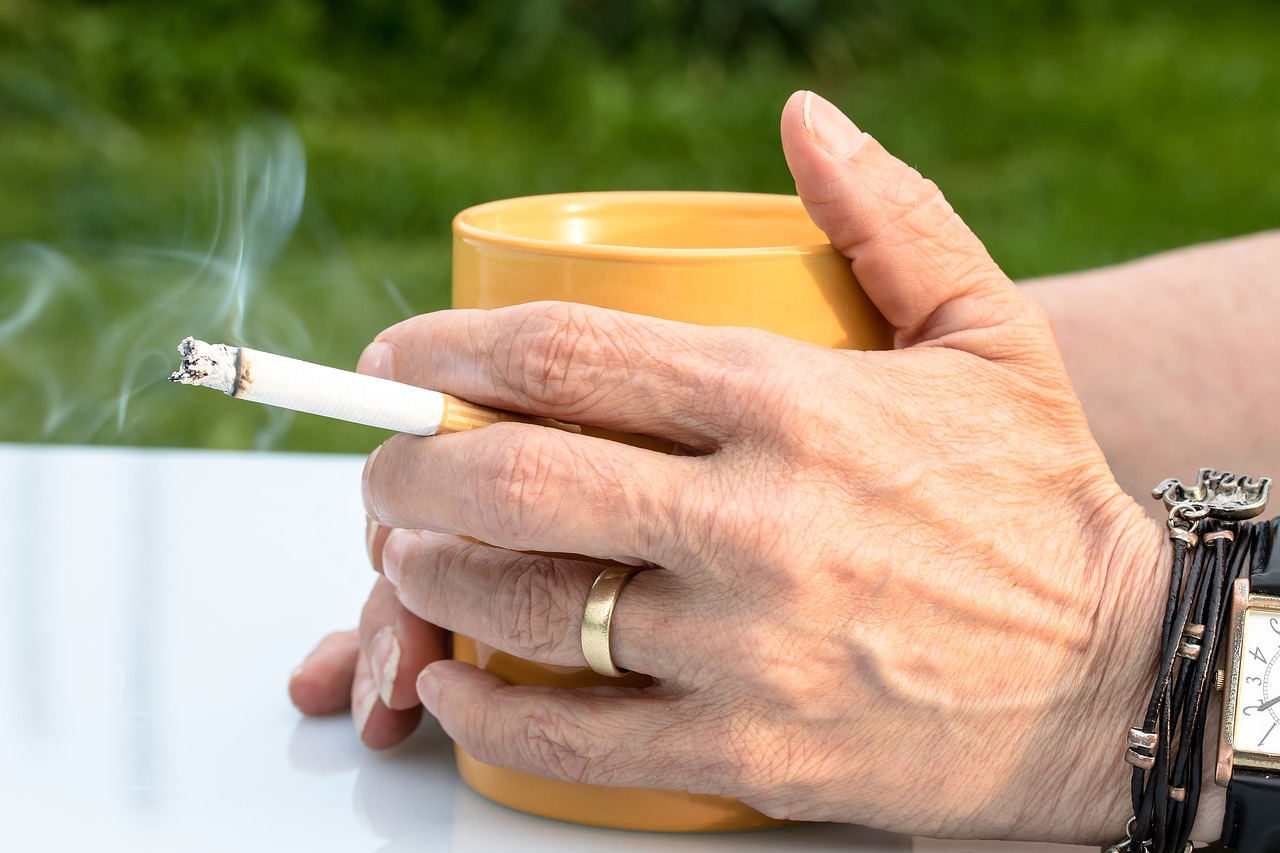A mother’s love for her child is undoubtedly boundless. It is the purest form of love that one can find on earth. It starts without seeing the baby and with just a feeling of being pregnant. It might be painful for her to give birth to a baby, but the thought of becoming a mother makes it all worth it. Women’s body may undergo many physical changes in response to 40-week pregnancy, and some of them are visible also.
Following are the symptoms that a woman may experience during pregnancy:
- Bloating: Pregnant women may have trouble than usual buttoning up their jeans. Progesterone, a female hormone produced during ovulation is responsible for this. It is this hormone that prepares the lining of the uterus to receive egg if it becomes fertilized by male sperm. It is this hormone that causes uncomfortable bloating.
- Spotting:Little bleeding is one of the first signs of pregnancy. It usually happens when the egg gets attached to the uterus and is also termed as implantation bleeding. This bleeding is much less than the normal menstruation bleeding and lasts for around your cycle.
- Swollen feet and ankles: During pregnancy women’s body retain more fluid than normal and thus they experience swollen legs, feet, ankles. Pregnant women should avoid sitting or standing for along period to relieve discomfort.
- Itchiness:Because of expansion of belly and breasts skin, itching is a common symptom. To ease discomfort, one must not go for a hot shower.
- Rise in basal body temperature: For those who don’t know what the basal body temperature is,it is the temperature of your body when at rest. During pregnancy, it may rise one degree higher than normal and can sometimes be quite uncomforting to the mother.
- Ache in lower back: The moment conception happens, women may notice many physical changes and backache is one of them. It happens in response to the expansion of uterus. Also, the mother will be carrying the extra weight of baby during pregnancy which again adds to a backache.
- Nausea:High-level secretion of estrogen, progesterone and human chorionic gona do tropin (HCG) hormones may take credit for morning sickness and can make her feel nausea tic.
- Fatigue: Mother might be in a state of extreme tiredness and may feel tired throughout her pregnancy. Women undergo various hormonal changes during pregnancy; increased progesterone and increased estrogen certainly prompt her to stay more in bed than usual.
- Food aversions: Though this symptom may appear in later pregnancy, she may begin to crave certain food items over others. As per national institutes of health, both nausea and aversion may start simultaneously for most of thewomen.
- Peeing too often: Thanks to pregnancy hormone HCG, women may need to urinate more frequently than normal probably at the inconvenient times.
- Cramping: Cramping during pregnancy is normal as it’s because the uterus of a woman is stretching to make some space for the baby. A woman might feel the cramps around the cycle and can be subsided by lying sideways with knees cringed to the chest.





